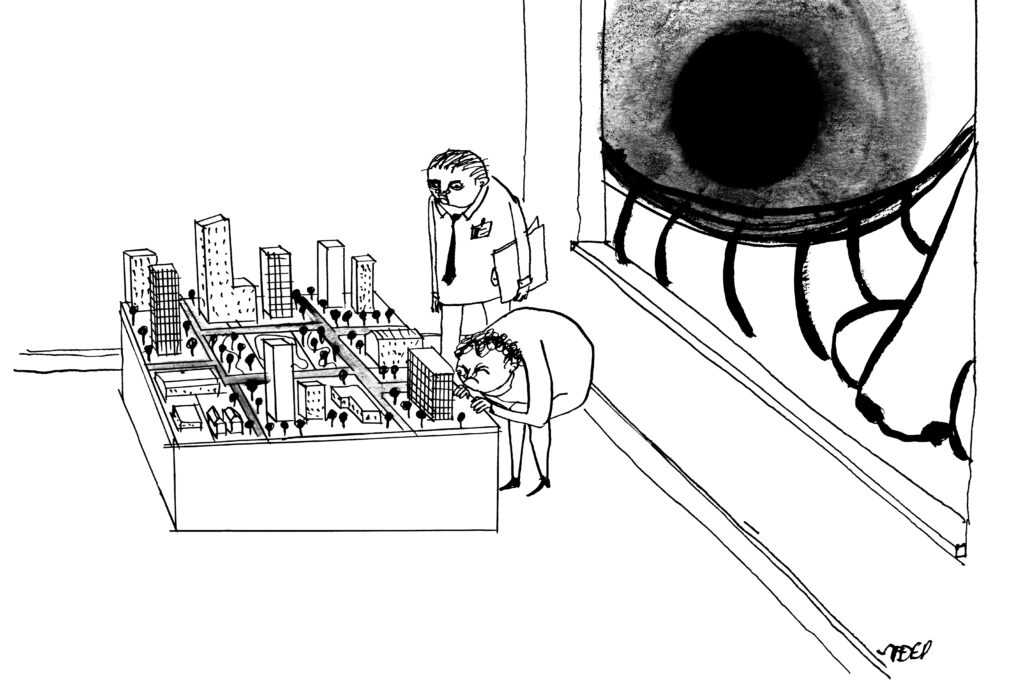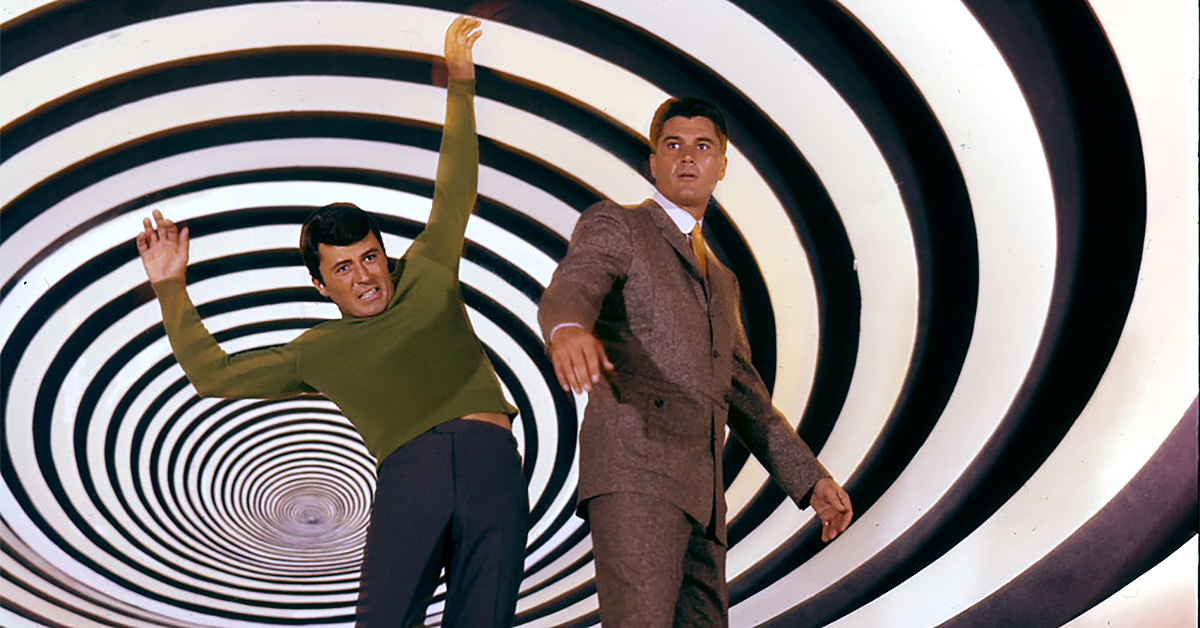There are more things in Heaven and Earth, Horatio, than are dreamt of in your philosophy.
—William (the Alchemist?) Shakespeare
Days before turning four, I was pressured by a newly minted five-year-old next door to borrow a box of matches from my kitchen drawer. Forbidding him from playing with fire, the older boy’s parents had hidden from him any flame-producing implement they could think of.
As you’ve already guessed where this age-old adventure is going, I’ll just say that the instant the fire leapt past the ring of rocks we were so careful to put round our little outdoor dry-weed campfire in a weed field near our homes, we were so shocked that the only solution our tiny brains could muster was to run for our lives.
How were we to know that the rocks our fathers placed carefully around real campfires the weekend before kept the flames from escaping because they had also cleared away all the dry debris beyond the fire pit?
How were we to know that once beyond the ring, the outbreak would sweep through the weeds in a concentric circle until it had consumed acres of fruit trees in every direction?
How were we to know that it would take two fire engines to control the inferno?
How was the boy next door to know that our city’s finest would threaten a five-year-old with jail time should he ever again play with matches?
How were we to know?
In his breakthrough bestseller Blink, Malcolm Gladwell writes about how we know things we don’t know before we know them. The author writes about wiring legendary tennis coach Vic Braden to a device that uncannily records his pre-cognitive predictions about the accuracy of a serve before the tennis racquet strikes the ball. To most of us, such prescience seems nothing short of miraculous. But calling up Arthur C. Clarke’s no-fun explanation that “Any sufficiently advanced technology is indistinguishable from magic,” Braden’s genius is only showing us the hard-won intelligence that lies just beneath the surface of a lifetime of observation.
But what about the time, as a highly inexperienced amateur referee, I felt compelled to blow my whistle on a player in the final seconds of a championship basketball game with not a shred of evidence in my favor? In Schrödinger’s Cat Burglar, I write that not until after the offending player betrayed his culpability did I know for a fact that my otherworldly impulse had indeed connected me to reality as I knew it.

For centuries, natural philosophers—once called alchemists; now chemists and nuclear physicists—attributed the unknown to forces that made up their rightful (if imponderable) place alongside the other four elements that made up all things. Known as the quinta essentia (the fifth essence or Quintessence for short), the Mystery element’s presence appeared to be a catch-all for everything the ancients couldn’t explain through direct observation. But after Einstein observed the unseen and otherwise inexplicable effects of something he termed Dark Matter, instead of making light of the genius’ prescience, Einstein’s successors eventually proved the Mystery particle, giving Quintessence its second wind.
Do you ever get the sense there is more to heaven and earth than is contemplated in our natural philosophy? If/when you do, what tends to be your response?
That can’t be it. I know for a fact I put my socks in the laundry.
Starting tomorrow, I’m definitely going lighter on the sugar, caffeine, alcohol, name-your-hallucinogen-of choice.
I wonder. What is really happening here?
In The Boys from Brazil section of a too-long-to-read blog post, I recount how, after purchasing a bygone first-edition cum former best-seller cum ex-library book for all of a dollar and, less than an hour later, spying that same first edition resting on the seat of a car parked in a grocery store lot with its window down! For a mere dollar, I played on its owner what I still consider the cheap trick of a lifetime by placing my first edition alongside hers before forgetting all about it. Years later, never having re-purchased the book, I caught a snippet of its motion picturization on TV one Saturday afternoon to discover that those two identical books laid side-by-side on the front seat of an unsuspecting stranger’s car were about cloning.
Got Mystery? Solve for U.
This post is from a LinkedIn Newsletter called Human Changing. You can access the entire series here.


